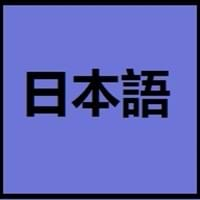Portuguese vs Japanese
- Portuguese language has absorbed many words from French, Italian, Arabic and also from indigenous South American and African languages.
- The first written document in Portuguese language was found in the 12th century.
- In Japanese Language, there are 4 different ways to address people: kun, chan, san and sama.
- There are many words in Japanese language which end with vowel letter, which determines the structure and rhythm of Japanese.
Portuguese and Japanese Language History
Comparison of Portuguese vs Japanese language history gives us differences between origin of Portuguese and Japanese language. History of Portuguese language states that this language originated in 3rd Century whereas history of Japanese language states that this language originated in 1185. Family of the language also forms a part of history of that language. More on language families of these languages can be found out on Portuguese and Japanese Language History.
Portuguese and Japanese Greetings
People around the world use different languages to interact with each other. Even if we cannot communicate fluently in any language, it will always be beneficial to know about some of the common greetings or phrases from that language. This is where Portuguese and Japanese greetings helps you to understand basic phrases in Portuguese and Japanese language. Portuguese word for "Hello" is Olá or Japanese word for "Thank You" is ありがとう (Arigatō). Find more of such common Portuguese Greetings and Japanese Greetings. These greetings will help you to be more confident when conversing with natives that speak these languages.
Portuguese vs Japanese Difficulty
The Portuguese vs Japanese difficulty level basically depends on the number of Portuguese Alphabets and Japanese Alphabets. Also the number of vowels and consonants in the language plays an important role in deciding the difficulty level of that language. The important points to be considered when we compare Portuguese and Japanese are the origin, speaking countries, language family, different greetings, speaking population of these languages. Want to know in Portuguese and Japanese, which language is harder to learn? Time required to learn Portuguese is 24 weeks while to learn Japanese time required is 88 weeks.





